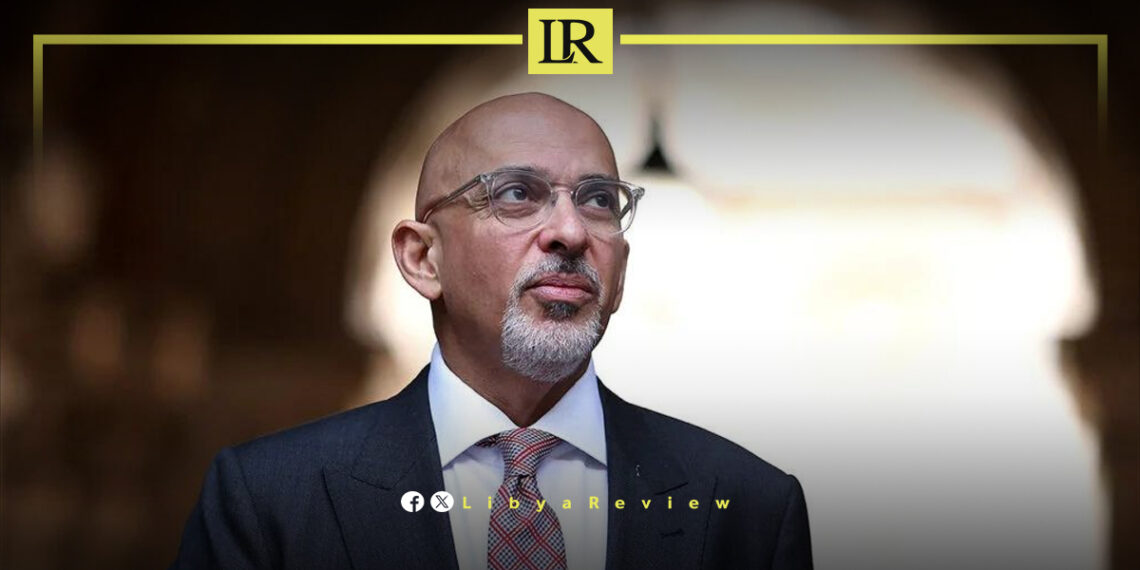Nadhim Zahawi, a former Conservative MP, has emphasized that Europe cannot sustain an influx of half a billion migrants from Africa, highlighting that illegal immigration from Libya poses the greatest threat to Western democracy.
In an interview with the British newspaper, The Telegraph, Zahawi expressed, “Immigration will become the greatest challenge to the Western world. It is believed that millions of people south of Libya are now mobilizing and gearing up to move northward to Europe.”
Speaking at the Cliveden Literary Festival on Saturday with his former ministerial colleague Michael Gove, Zahawi remarked, “I sincerely believe that in the next decade or two, the greatest challenge for Western democracy, Europe, and the United States will be immigration.”
He added, “Take Libya, for example. Anything south of Libya involves half a billion people who are now more mobile and will face tremendous pressures; economic, social, political, and environmental. Clearly, Europe cannot accommodate half a billion people,” he warned, noting that such a massive influx would burden countries and their public services.
Zahawi supported calls for a parliamentary debate on the value and impact of this issue on the UK, condemning the “polarization” surrounding it and warning against the simplistic view held by some that “if you talk about illegal channel crossings (between France and Britain), you are racist.”
The former minister, born in Baghdad, noted that illegal immigration “harms every British citizen” because it “contradicts the sense of fairness that I believe is inherent in our country.” He also expressed concern about the societal impact of immigration, stating that the majority of Britons now routinely see “intolerant people” who are nevertheless “tolerated” by the establishment, adding, “We must be intolerant of bigotry, or else the social fabric will start to tear.”
Libya has been in chaos since a NATO-backed uprising toppled longtime leader Muammar Gaddafi in 2011. The county has for years been split between rival administrations.
Libya’s economy, heavily reliant on oil, has suffered due to the ongoing conflict. The instability has led to fluctuations in oil production and prices, impacting the global oil market and Libya’s economy.
The conflict has led to a significant humanitarian crisis in Libya, with thousands of people killed, and many more displaced. Migrants and refugees using Libya as a transit point to Europe have also faced dire conditions.
The planned elections for December 2021 were delayed due to disagreements over election laws and the eligibility of certain candidates. This delay has raised concerns about the feasibility of a peaceful political transition.
Despite the ceasefire, security remains a significant concern with sporadic fighting and the presence of mercenaries and foreign fighters. The unification of the military and the removal of foreign forces are crucial challenges.


